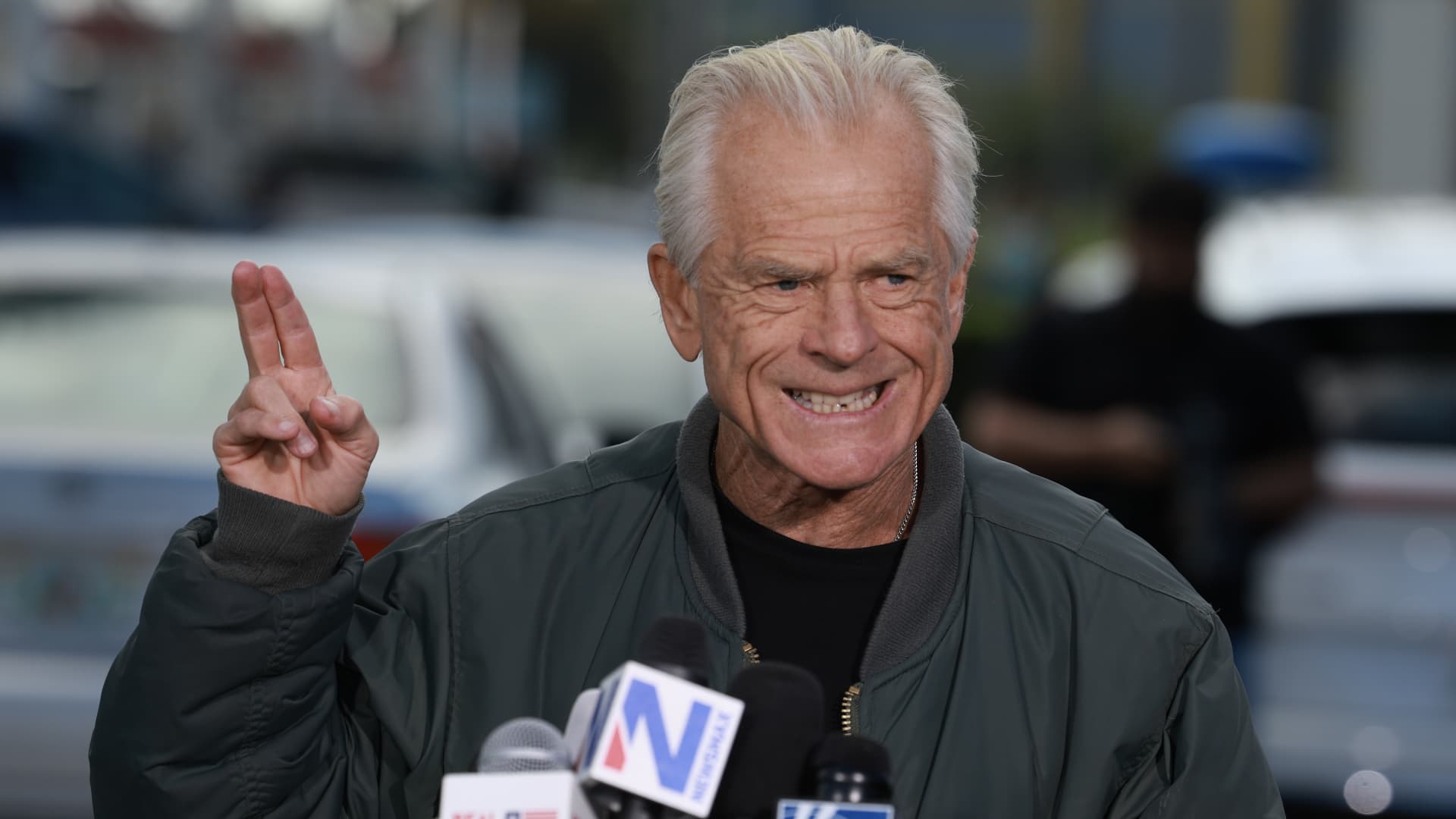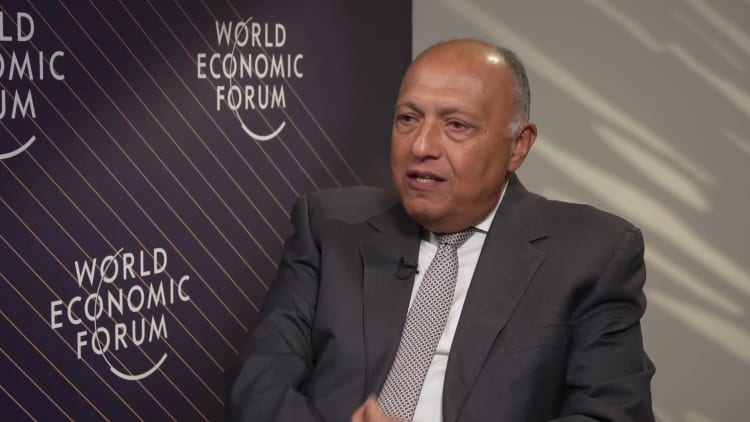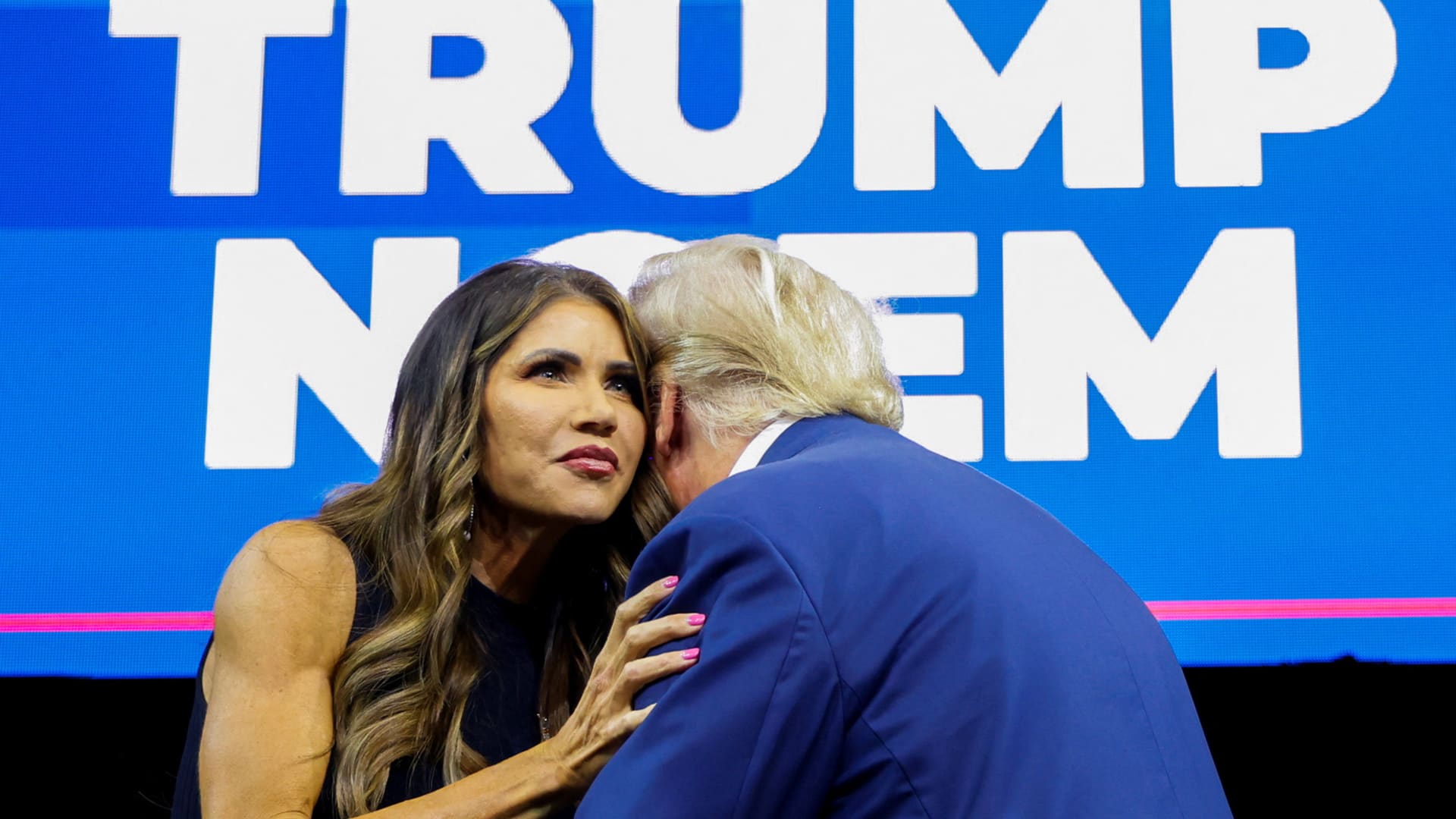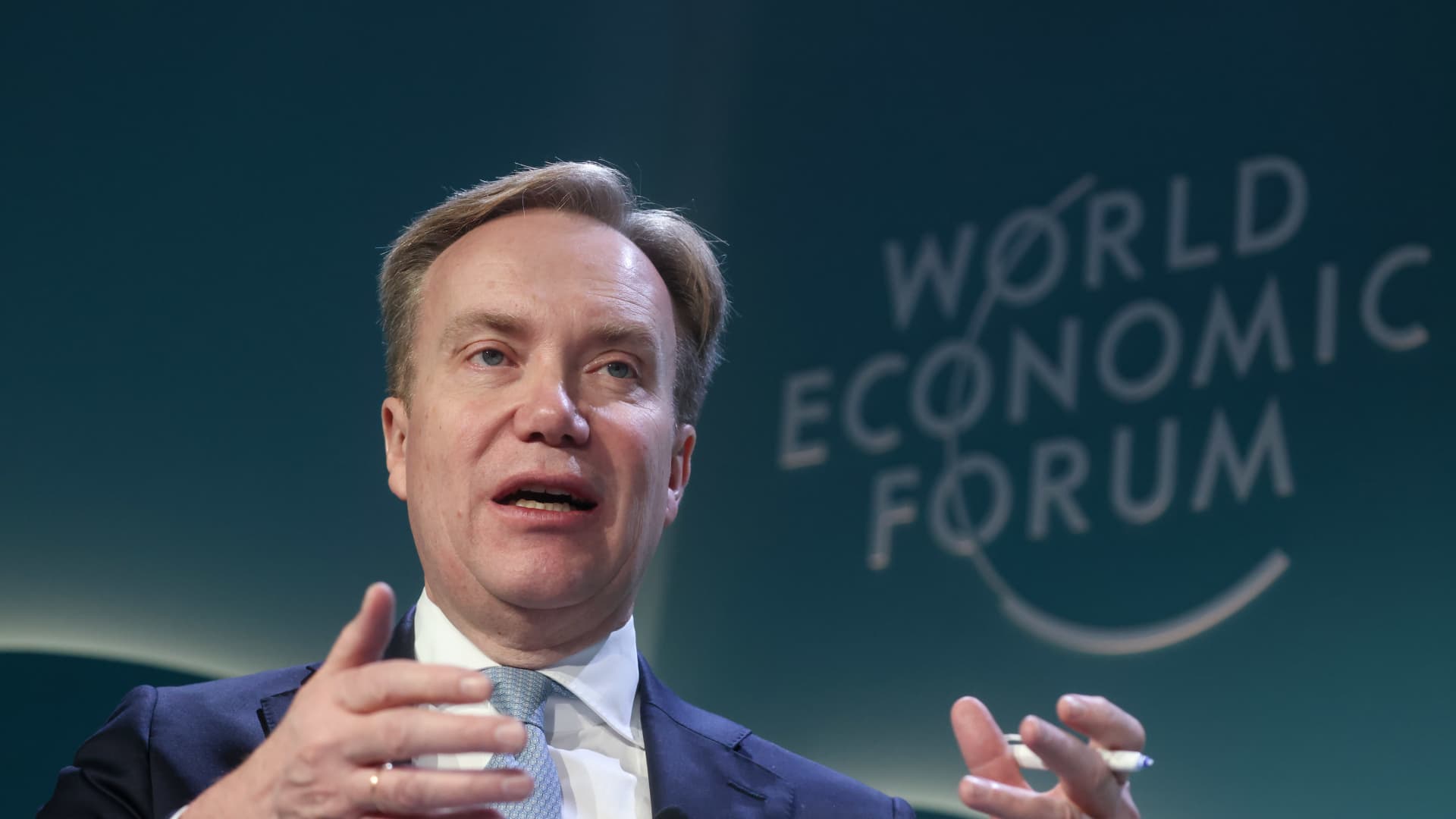Four days of high-level economic meetings between the United States and China ended without a major breakthrough in Beijing on Monday, but the world’s two largest economies agreed to hold further talks to address rising tensions over trade, investment and national security .
But the conversation is likely to become even more difficult as hopes for greater economic cooperation collide with a harsh political reality: It’s an election year in the United States and antipathy toward China is high. At the same time, Chinese officials were unimpressed by Treasury Secretary Janet L. Yellen’s demand that China scale back its recent surge in green energy technology exports, which could threaten American jobs.
Despite a warm welcome on her second trip to China as finance minister, which included meetings with the prime minister and senior economic and financial officials, it was clear that trust between the two sides is not very high.
“There is still a lot of work to be done,” Ms. Yellen said at a news conference in Beijing on Monday. “And it remains unclear how this relationship will endure in the coming months and years.”
The finance minister added that she believes China is participating in the talks in good faith and that progress is being made. “I don’t want to see the U.S. economic relationship or the relationship with China as a whole deteriorate and break down,” she said.
The most pressing question likely to divide them in the coming months is how the Biden administration plans to respond to concerns that Chinese exports of electric vehicles, lithium-ion batteries and solar panels pose a threat to the very industries in which the United States is investing trillions of dollars in domestic development.
In her meetings with her Chinese counterparts, Ms. Yellen tried to argue that China should focus more on investing in domestic consumption, warning that flooding markets with exports would disrupt supply chains. Europe, Mexico and Brazil are all conducting anti-dumping investigations into China that could lead to new trade restrictions, and Ms. Yellen suggested the United States was ready to protect its emerging industries.
China has denied illegally subsidizing its new energy exports and raised concerns about what its officials perceive as a wave of unfair protectionism. During a meeting on Sunday between Ms. Yellen and Prime Minister Li Qiang in Beijing, Mr. Li dismissed the issue of Chinese exports. He said the issue needed to be looked at objectively and from a “market perspective”, citing China’s position that the rise in exports was driven by global demand.
“China hopes that the US side will work with the Chinese side to adhere to the basic norms of the market economy of fair competition and open cooperation, and not to politicize and nationally securitize economic and trade issues,” Mr. Li was quoted as saying in an official Summary of the meeting published by the Chinese government. (However, economists and foreign trade officials argue that China’s industrial policies — including low-interest loans from state banks to factories and low-cost land transfers — are helping the country’s exports.)
In China’s official summary of the talks, the government sought to inspire confidence in the country’s economy, saying it continued to be an engine of global growth. Beijing stressed that it continues to push for reforms and further opening of its economy, which it said would provide more opportunities for companies from all countries, including the United States.
While China made clear that the two sides had not reached much common ground on substantive issues, it also struck a somewhat optimistic tone about the areas on which they agree: the importance of strengthening communications and preventing “decoupling.” “.
The prospect of additional American tariffs comes as China seeks to roll back some of the tariffs that Washington imposed on Chinese imports during the Trump administration. Asked by reporters whether the United States might impose new trade restrictions if China does not change its policies, Ms. Yellen said she did not want to “go beyond where we are now,” but added that this was “not acceptable to the United States.” “Be United States” for China continuing to pursue an export strategy that harms American workers.
Ms. Yellen also met with Pan Gongsheng, governor of the People’s Bank of China, on Monday. She had previously held talks with her most important counterpart, Vice Premier He Lifeng, in the southern city of Guangzhou.
The United States and China agreed to have an “intense exchange on balanced growth,” Ms. Yellen said, to address concerns about a surge in exports from China that some officials say are distorting global markets.
Ms. Yellen acknowledged that China was unlikely to change course in the near future. Some observers suggested that China had stalled by simply agreeing to further talks on the issue.
“The U.S. must be clear and vigilant and not allow these new talks to become an excuse for China’s inaction,” said Wendy Cutler, vice president of the Asia Society Policy Institute. “Given weak domestic demand and overproduction, China should take action now to prevent export surges to the United States and other countries.”
Trade experts have pointed out that existing import tariffs are already unlikely to be reduced given the approaching US election and former President Donald J. Trump’s proposal for sweeping new tariffs.
“There is little prospect of a significant de-escalation of tariffs and other trade restrictions imposed by Washington, but avoiding a further escalation of open bilateral trade hostilities in the coming months would in itself be an achievement for both sides,” Eswar Prasad said. a former head of the International Monetary Fund’s China Department.
During the talks, Chinese officials expressed concerns about U.S. national security measures targeting China. The Biden administration has focused on preventing China from gaining access to information about American consumers. limiting China’s access to technologies such as semiconductors that could advance its military; and the Inflation Reduction Act of 2022 prevents electric vehicles with Chinese components from being eligible for U.S. subsidies.
In Washington, Congress is working on a law aimed at forcing the Chinese company ByteDance to sell the social media platform TikTok under threat of an American ban.
Ms. Yellen said Chinese officials expressed concerns about the TikTok legislation during the talks. Ms. Yellen said protecting personal data was a “legitimate concern,” noting that many American social media platforms are not allowed to operate in China.
On Monday, Ms. Yellen described national security talks with China as “difficult” and suggested the United States would work to clearly signal its plans, saying they were “committed to ‘no surprises.’
The Biden administration is facing calls from Democratic and Republican lawmakers at the state and local levels for measures aimed at decoupling the two economies through investment restrictions and new tariffs on Chinese imports. At the same time, Beijing has sought assurances from Washington that it does not seek decoupling from China.
During her trip, Ms. Yellen wanted to learn more about Chinese culture. Her visits to a Cantonese restaurant in Guangzhou and a Sichuan restaurant in Beijing attracted attention on Chinese social media. And on Sunday, the finance minister learned about the history of the Ming and Qing dynasties during a private tour of the Forbidden City.
Ms. Yellen stressed on Monday that while the United States wants to protect national security, it is not seeking to disrupt trade and investment between the two countries.
“Our two economies are deeply integrated and complete separation would be disastrous for both our economies,” she said.
Daisuke Wakabayashi and Siyi Zhao reported from Seoul.
Source link
2024-04-08 12:50:05
www.nytimes.com










